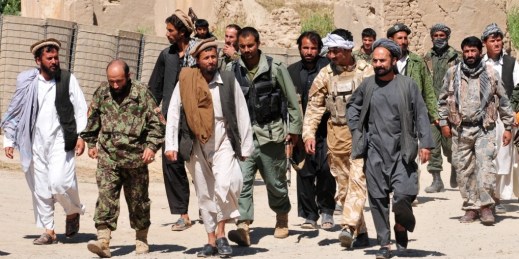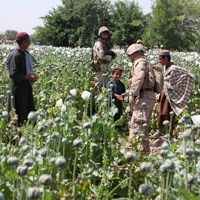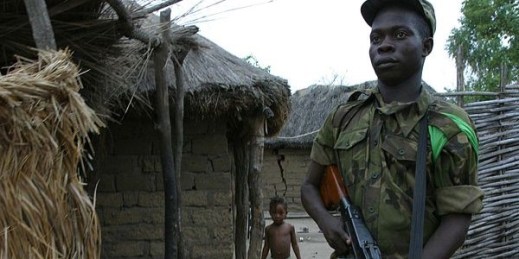
Editor’s note: This is the last of a seven-part series examining conditions in Afghanistan in the last year of U.S. military operations there. The series examined each of the country’s regional commands to get a sense of the country, and the war, America is leaving behind. You can find the Series Introduction here, Part I here, Part II here, Part III here, Part IV here and Part V here. In 2001, the Taliban were thought to be all but defeated with the fall of Afghanistan’s capital, Kabul, little more than a month after the U.S. launched its first airstrikes on […]






